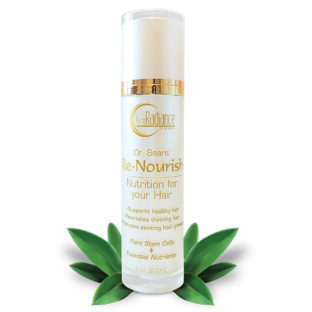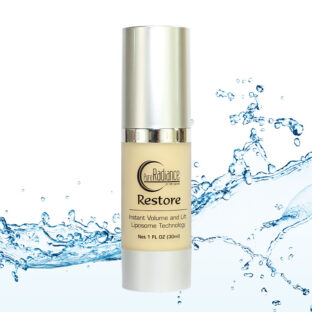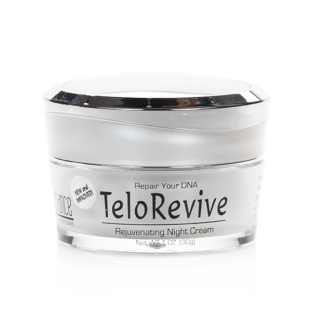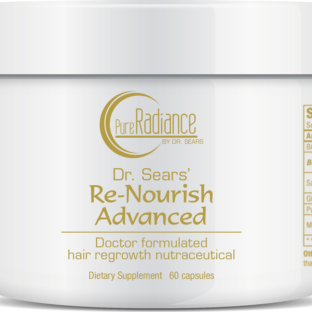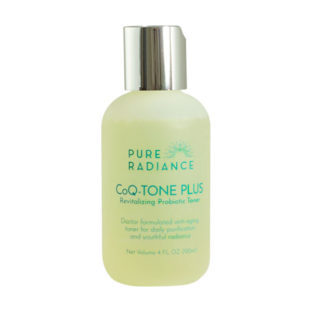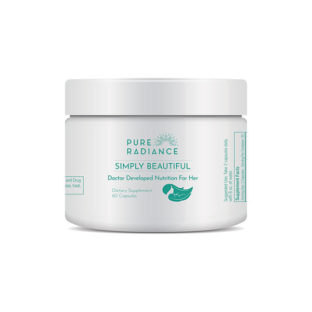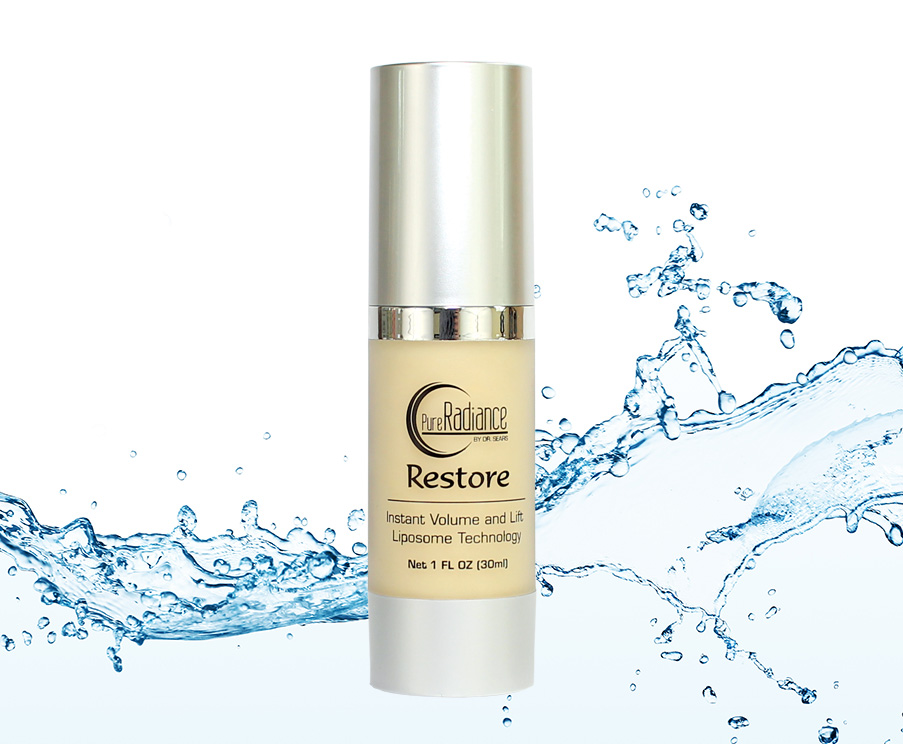You probably wouldn’t be surprised if I told you that having stubborn skin problems could make you feel bad.
But what if I told you that your emotional state may cause stubborn skin problems?
It’s true. Your skin can react to what’s going on in your mind. And that reaction may be anything from a case of hives to skin conditions like acne or psoriasis – and even hair loss.
 |
Stress, emotional shock and negative emotions can trigger skin trouble. When that happens, and your doctor looks for a “medical” cause, he won’t find one. That may even lead your doctor to tell you “it’s all in your head.”
Technically, that may be true … but not in the way the doctor means it.
Today, medical professionals understand the link between illness and your mind. For example, they commonly accept the link between emotional stress and heart health.
But many haven’t made that connection with skin conditions. And it’s a very common problem.
In fact, Spanish doctors studied a group of people who came down with psoriasis. Almost half of them had a serious stressful event in the six months before they developed their skin problems. That was over four times more often than sick people in general.1
Another study discovered emotional shocks can lead to skin outbreaks or hair loss months – even more than a year – after the shock itself.2
No wonder so many doctors miss the connection!
“Psychodermatology” isn’t exactly a new science – it’s been around for more than 20 years. But it isn’t part of normal medical training. That may be why only 18 percent of skin specialists showed a clear understanding of psychodermatology in a recent survey.3
But it’s worth the trouble of finding one who does. Because you may be able to improve a stubborn skin condition by adding meditation or practicing guided imagery to your doctor’s treatment. Several studies have found hypnosis helps, too.
If your condition is caused by stress, exercise may help. Regular exercise can improve sleep, which lowers stress levels. It also triggers the release of endorphins – “feel good hormones.” Plus, exercise helps ease stress by refocusing your mind. It’s hard to get through a challenging workout without thinking about what you’re doing.
When you relieve the stress that’s causing your skin trouble, you could see clearer, more beautiful skin.
Psychodermatology may help with other skin issues, too.
A team at the University of Massachusetts tested this theory a few years ago. They took two groups of psoriasis sufferers, and used standard phototherapy on both. But one group also listened to meditation tapes.
The meditation group’s skin cleared up much faster. And when the team repeated the experiment with different people, the results were the same.4
If you have a stubborn skin condition – and the usual pills and lotions aren’t clearing it up – psychodermatology, even as an add-on therapy, may be the answer you’re looking for.
Best Wishes for Health and Beauty,
Tara Smith, ARNP, NP-C
 [Ed. Note: Tara Smith, ARNP NP-C, is a board-certified nurse practitioner for Dr. Sears’ Center for Health & Wellness in Royal Palm Beach, FL. Her medical concentration is on aesthetics, teaching and family practice. Tara is conducting research trials into novel ways of naturally boosting HGH and working on a new book, on anti-aging for women.] [Ed. Note: Tara Smith, ARNP NP-C, is a board-certified nurse practitioner for Dr. Sears’ Center for Health & Wellness in Royal Palm Beach, FL. Her medical concentration is on aesthetics, teaching and family practice. Tara is conducting research trials into novel ways of naturally boosting HGH and working on a new book, on anti-aging for women.] |
_______________________________________________________
1 Vargas, L.E, et al, “Influence of anxiety in diverse cutaneous diseases,” Actas Dermosifiliogr. Dec. 2006;97(10):637-43
2 Tordeurs, D., et al, “Psychological approach to different skin diseases: life events and tendency to complain,” Ann. Dermatol. Venereol. Jan. 2001;128(1):21-4
3 Jafferany, M., et al, “The knowledge, awareness, and practice patterns of dermatologists toward psychocutaneous disorders,” Int. J. Dermatol. July 2010;49(7):784-9
4 University of Massachusetts Medical School, “Major Research Findings,” www.umassmed.edu/content.aspx?id=42426


